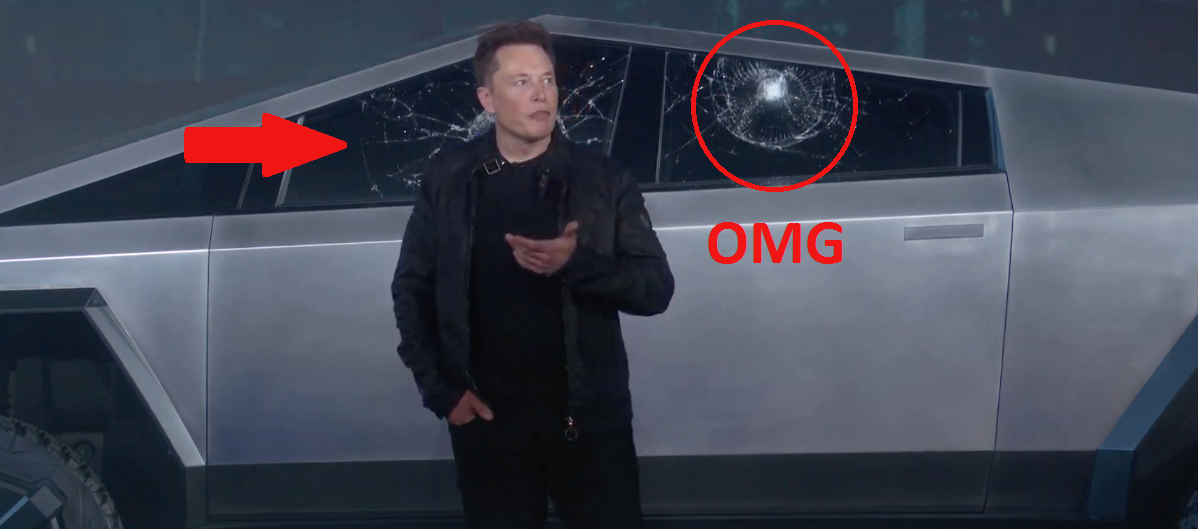Explorer 11 Web Browser Is Still Popular
Explorer 11 browser has been harshly criticized by many experts and users, but many people still use it as the default Windows browser. Surprisingly enough, the recent research found out that despite the domination of press by the rivals, Internet Explorer remains the world’s most popular web browser. Microsoft might be very happy with the news.
Internet Explorer is one of the most widely used web browsers, attaining a peak of about 95% usage share during 2002 and 2003. Its usage share has since declined with the launch of Firefox (2004) and Google Chrome (2008), and with the growing popularity of operating systems such as OS X, Linux and Android that do not run Internet Explorer.

The results showed that Microsoft’s web browser accounts for about 60% of the market – moreover, there are no signs that it is going to disappear anytime soon. The main rival of Internet Explorer, Google Chrome, continues to expand its reach and has already grown to 21% up from 19% last month.
The experts note that such growth has mainly been at the expense of Firefox, as the latter currently accounts for only 14% of the market, down from around 20% last year. In the meantime, Safari is holding steady at the 5% mark. All other popular browsers, including Opera, are slowly declining in usage.
As for IE 8, the default browser in Windows 7, it has slowly gained users and currently accounts for more than 22% of the market. However, the newer versions of the Internet browser – 10 and 11 – have also declined in numbers. For example, IE 11, the current browser version, accounts only for 17% of the market.
The industry experts point out that with Internet Explorer 12 coming as part of the recently announced Windows 10 (formerly known as Windows 9), the developers may soon find themselves in a situation where they are desperately trying to get their users to upgrade.
The statistics also shows that the impact of mobile browser use is negligible, because neither Apple nor Chrome seemed to benefit much from a “mobile effect”









